This Opinion Piece was written by Professor Nidhi Singal and Anderson Gitonga and also published on the Impact Initiative website on 23 July 2019.
A year ago, the UK Department for International Development (DFID), together with the International Disability Alliance and the Government of Kenya, hosted the first ever Global Disability Summit in London. Big promises were made by the 360 signatories who signed the Summit’s Charter for Change– but the question remains as to how those can be translated into real change.
The event brought together thousands of educators, researchers, policymakers and activists who came to achieve a common aim: to ensure the rights, freedoms, dignity and inclusion for all persons with disabilities. Expectations were (and still are very high). We called for an explicit commitment to inclusive education for children with disabilities and a new Inclusive Education Initiative (IEI), a multi-donor trust fund overseen by the World Bank, was announced.
So now the commitments have been made, and the energy is there, how can global decision-makers and funders actually deliver on the promises? Leaders should embrace the Three ‘R’s’ of Rights, Resources and Research (pdf):
- Rights – Education for all cannot be realised without the inclusion of all marginalized groups, and particularly children with disabilities. Children with disabilities have rights to schools and in They should not only be able to access schools, but also be given the opportunity to be involved in the teaching and learning process.Most importantly, they have a right to be counted so that they are not invisible in monitoring and accountability processes. Disaggregated data on disability is possible with the use of the Washington Group Questions on Disability. However, data on its own is no good – we need to build capacity at school and provincial levels to be able to interpret the data in context and use it to frame actions.
- Resources – Governments, need to provide domestic financing to close the persistent gaps between inclusive education policy and implementation. However, it’s crucial we invest in an inclusive workforce. This means not simply training teachers to adopt more inclusive practices, which is important, but also acknowledging the very difficult contexts many teachers work in on a day-to-day basis and ensuring they have adequate support. This support in many cases might involve working with local health professionals and other specialists with the view towards supporting all children.
- Research – The World Disability Report emphasised the “need to strengthen and support research on disability”. As voiced by individuals working on disability issues in policy departments and international non-governmental organisations there is need to generate robust evidence on what works and what is not working, so that we don’t repeat our mistakes. The field has long been dominated by a programme-driven mentality, but we need evidence on how to upscale and sustain small innovations. Some recent examples of research addressing these issues, including research funded by ESRC-DFID, is becoming available but more needs to be done.
Finally, none of this has any meaning unless we involve persons with disabilities, particularly children, as partners and not just consumers of research. We need to see them as knowledge creators, as ultimately, they have the most important lived experiences. Any conversation on the how to implement inclusive education must include sensitivity to context and appreciation of people’s lived realities. This means using a range of approaches to gather data, which involves numbers but also narratives from people in the field.
So, as we celebrate the first anniversary of the Global Disability Summit, let’s celebrate on how far we’ve come (there was a time not so long ago when ‘disability’ was not even on the agenda), but let’s also not forget how far we have to go. If we are to translate the many promises into reality, we have to keep the momentum and energy alive.
—————————————————————————————————————–
Professor Nidhi Singal is Professor of Disability and Inclusive Education at the Faculty of Education, University of Cambridge. She has worked extensively in the field of disability and education, focusing on children/young people with disabilities and their families, in Southern contexts. She leads on disability issues in the ESRC-DFID Impact Initiative for International Development Research.
Anderson Gitonga is CEO of United Disabled Persons of Kenya which is a federation of organizations for persons with disabilities in Kenya. Its mandate is to advocate for the rights of Persons with Disabilities (PWDs) in all spheres of life. Anderson has been a Community Development specialist with a focus on inclusion disability rights for the last 20 years and held numerous key programmatic and leadership functions in various organizations.

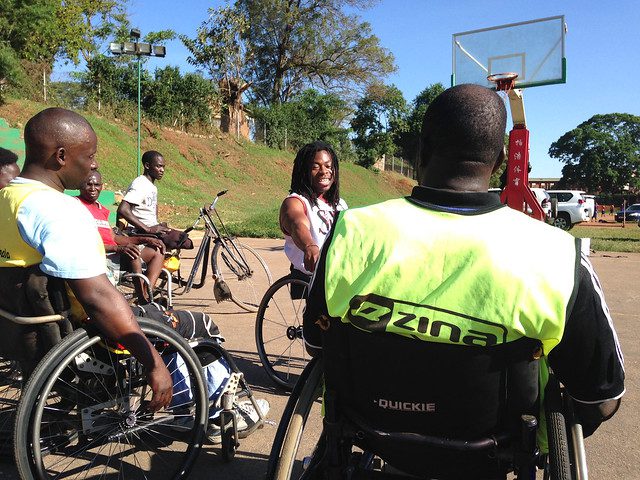
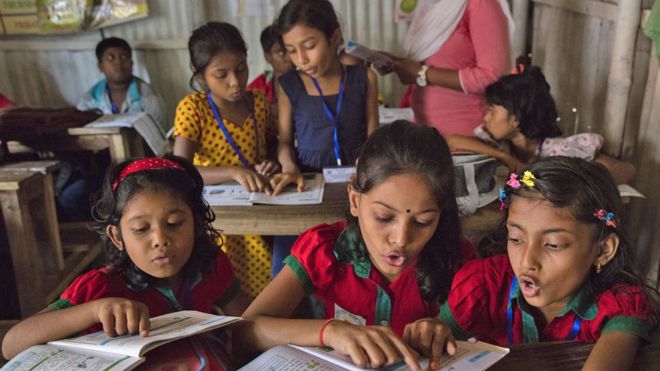
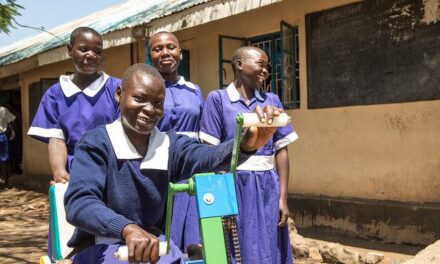
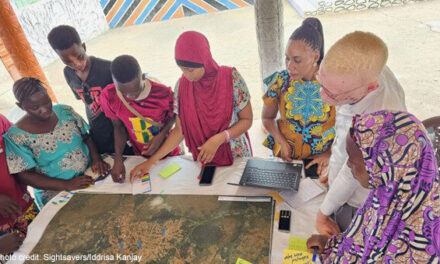
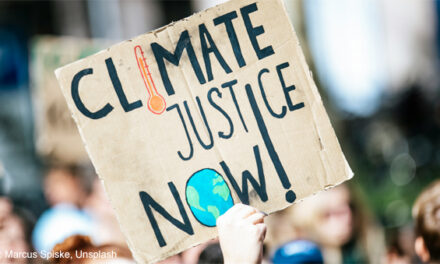
The more we think appropriate and inclusive response to the people with impairments, the better we provide improved quality of education